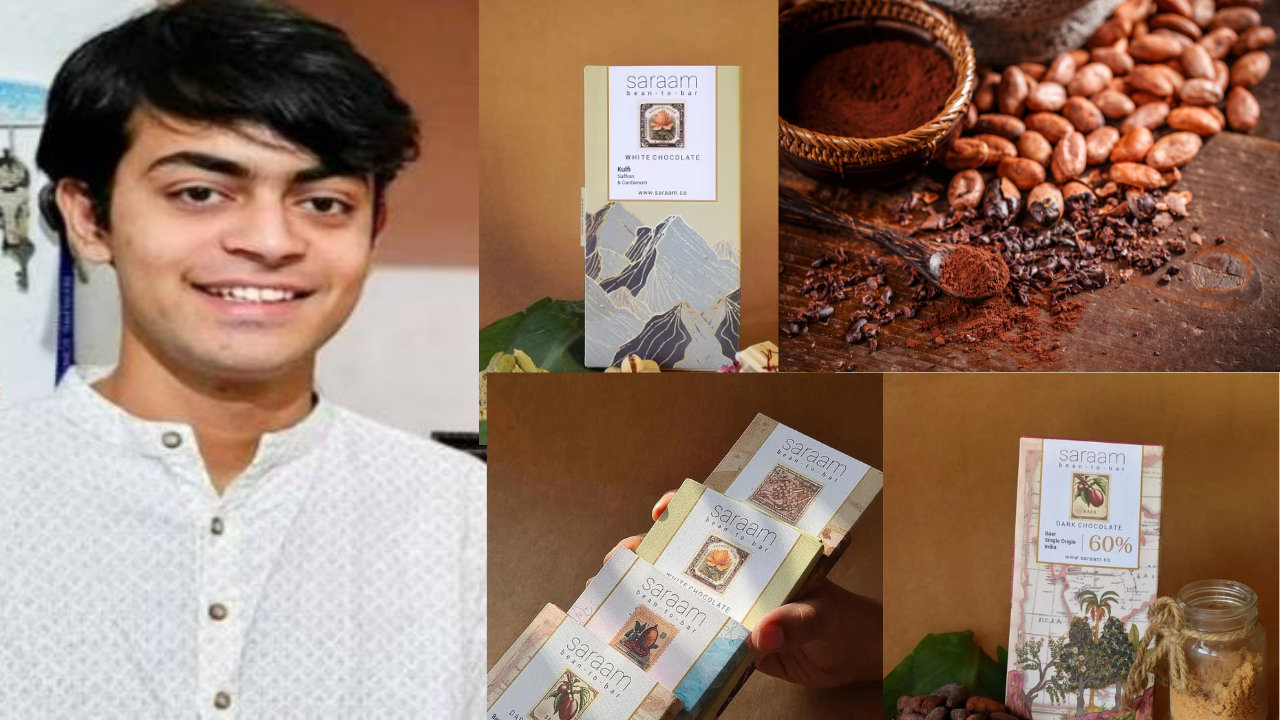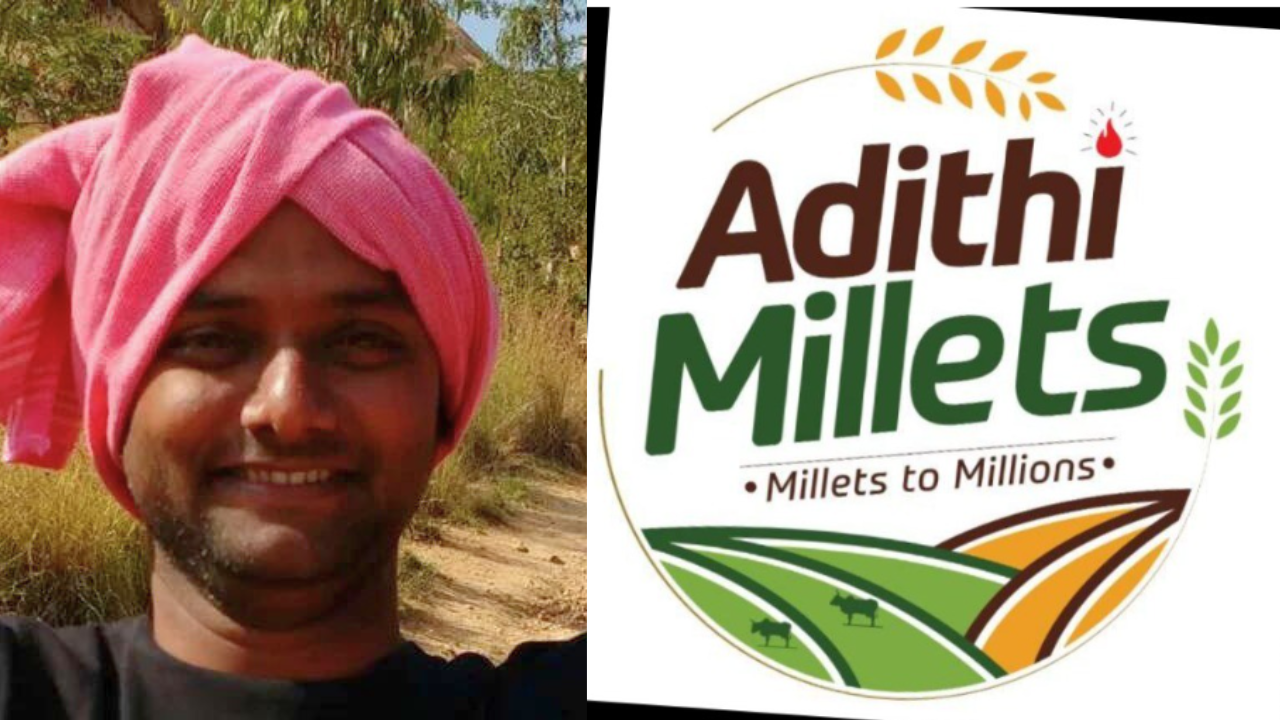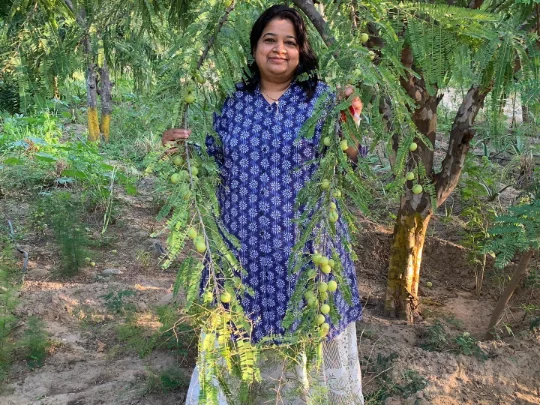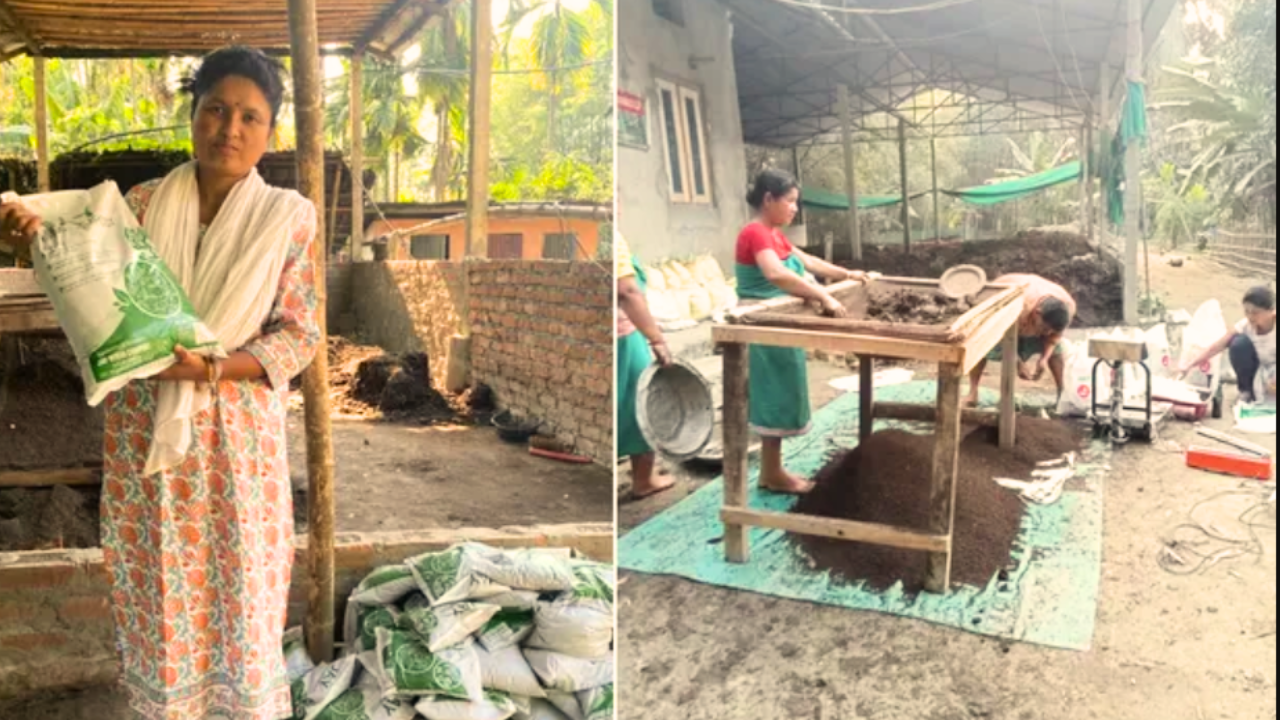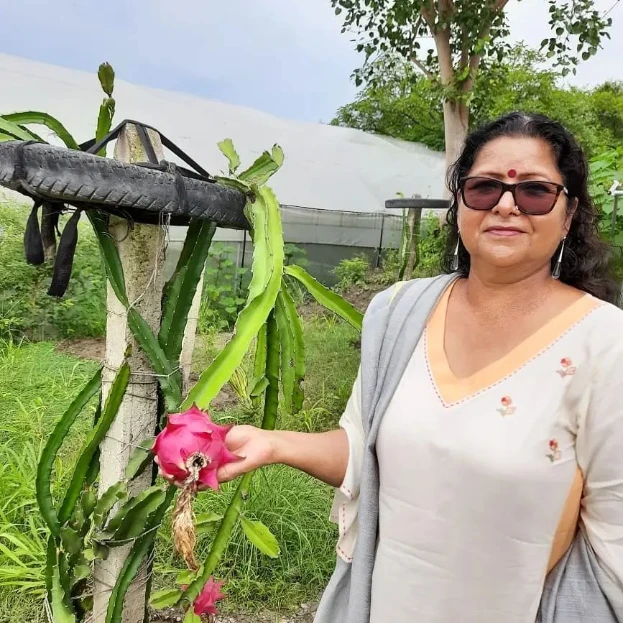Gurbir Singh originates from the village of Bhorshi Rajputa in Amritsar, Punjab. He’s a small-scale farmer who grows traditional crops. However, he dreamt of exploring opportunities beyond farming.
But when he was just 19 years old, a tragic event changed his path.
“While I was in the middle of my Arts graduation, I received devastating news – my father had been in a fatal accident. What’s worse, my family was burdened with debt,” Gurbir shares.
This incident happened in 2000. As the oldest among his three siblings, Gurbir had to step up and take on the financial responsibilities. “The accident had a profound impact on my family. I had no choice but to leave my studies and return to farming,” adds the now 41-year-old.
Jumping ahead two decades, Gurbir’s journey has been remarkable. He’s transformed his farming techniques and achieved great success. He’s now a seller of seeds, a venture that brings in significant revenue.
Embracing The Hybrid Way
Sharing his story, Gurbir recounts how he overcame the loss of his father and carried on the family’s traditional vegetable farming on their 2.5-acre land.
However, he came across Punjab Agriculture University, a place known for its innovative farming techniques, which proved to be a turning point. They provided support to farmers in various ways. “I met Dr. Narinderpal Singh, who was leading the Farm Advisory Service Scheme there. That’s where I got introduced to their hybrid chili seeds,” Gurbir recalls.
He was impressed by the characteristics of these hybrid seeds. “These chili plants were more resistant to pests, fungi, and diseases. They had a longer shelf life, better taste, and promised higher yield and visual appeal. They were a unique and practical option,” he remarks.
Following this, Gurbir became skilled at producing high-quality hybrid chili. “I adopted the cytoplasmic male sterility technique, a method involving crossbreeding genetically distinct lines to create hybrid seeds, which leads to the growth of superior plant varieties,” he elaborates.
He established Gobinpura nursery to sell seeds and young plants to fellow farmers, in addition to continuing his traditional farming practices of growing cauliflower, cabbage, tomatoes, and other vegetables.
“Today, I cultivate vegetables on 18 acres of land within the nursery, resulting in a significant turnover,” he proudly states. “Consistent quality production over the years has played a crucial role in boosting my income. Farmers recognized the excellence of the seeds and reaped the benefits. Their success stories enhanced my reputation in the market. They also acknowledged my genuine and dedicated efforts in producing top-notch seeds.”
Despite encountering numerous challenges throughout his two-decade journey, Gurbir’s farm has expanded to 25 acres. He reflects, “Challenges are part and parcel of any profession. Every business experiences ups and downs, but one must persevere. Challenges can’t be overcome by stress alone. Only hard work, dedication, and a true passion for farming can help you navigate through tough times.”
In an earnest message to the youth in rural areas, he appeals, “Many youngsters are leaving behind their farming heritage and moving to cities in pursuit of better jobs and income. Yet, it’s agriculture that upholds the Indian economy, and we mustn’t lose our belief in farming.”


